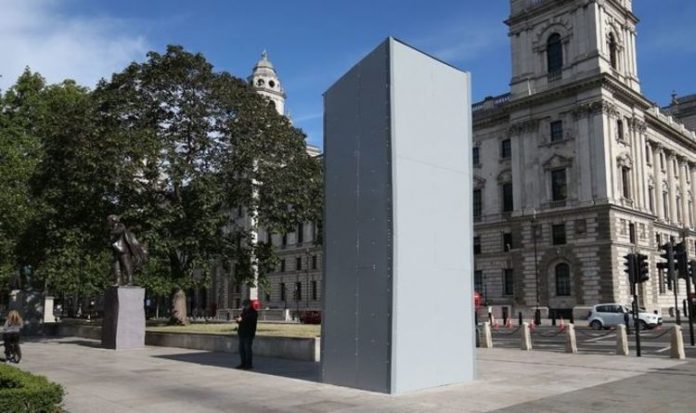The chief of the UK Science Museum Group, the largest collection of science museums, said it was not the job of the institutions to change history. Rather than change history amid the rise in cancel culture, Sir Ian Blatchford claimed the jobs of museums is to shine a light on what has happened previously, not to remove it. He wrote today: “Here is the crucial question: how to get the balance right between telling an honest, full story about our past, and avoiding a parade of clumsy ahistorical judgments?
“One answer to this is my mantra: additions not subtractions.
“This means a strong preference for revealing the story of the men and women forgotten by or airbrushed out, of history and give them their due respect because they are part of the sum of human knowledge.
“There is much to be said for the ‘retain and explain’ approach to statues in situ and museum displays because it is thoughtful; and context is all, allowing us to look history in the eye.
“And at the same time, the goal of diversity truly matters, even if the language of inclusion grates with some.”
Writing in The Daily Telegraph, Sir Ian also stated more must now be done to readdress the omissions of history within museums.
Amid the conversations surrounding Britain’s colonial history, and the Black Lives Matter protests, he insisted The Science Group’s focus had been “sharpened”.
Sir Ian’s comments come a month after the British Museum removed a bust of its founding father, Sir Hans Sloane, who was found to have links to slavery.
The founder was a slave owner and had funded the collection of his artefacts partly from Jamaican plantations.
JUST IN: Coronavirus map LIVE: No 10 promises BILLIONS to help UK cities – list
“The case dedicated to Hans Sloane and his relationship to slavery is a very important step in this.
“We have pushed him off the pedestal where nobody looked at him, and placed him in the limelight.
“The British Museum has done a lot of work – accelerated and enlarged its work on its own history, the history of empire, the history of colonialism, and also of slavery.
“These are subjects which need to be addressed, and to be addressed properly.
“We need to understand our own history.”
There have also been increased calls for statues across the country to be assessed following the removal of Edward Colston’s monument in Bristol.
The ‘Topple The Racists’ website has named 78 monuments and statues which allegedly celebrate racism.
The group took inspiration following the removal of the statue in Bristol.







